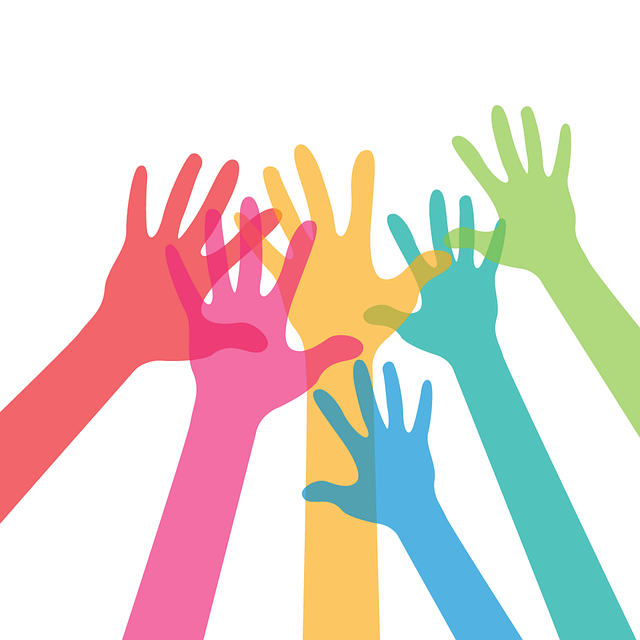

Counseling Psychology is a generalist health service (HSP) specialty in professional psychology that uses a broad range of culturally informed and culturally sensitive practices to help people improve their well-being, prevent and alleviate distress and maladjustment, resolve crises, and increase their ability to function better in their lives. It focuses specifically but not exclusively on normative life-span development, with a particular emphasis on prevention and education as well as amelioration, addressing individuals as well as the systems or contexts in which they function. It has expertise in work and career issues.
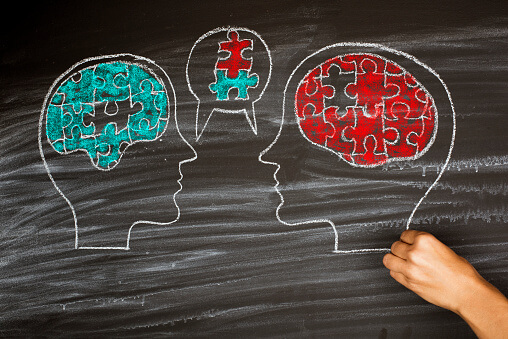
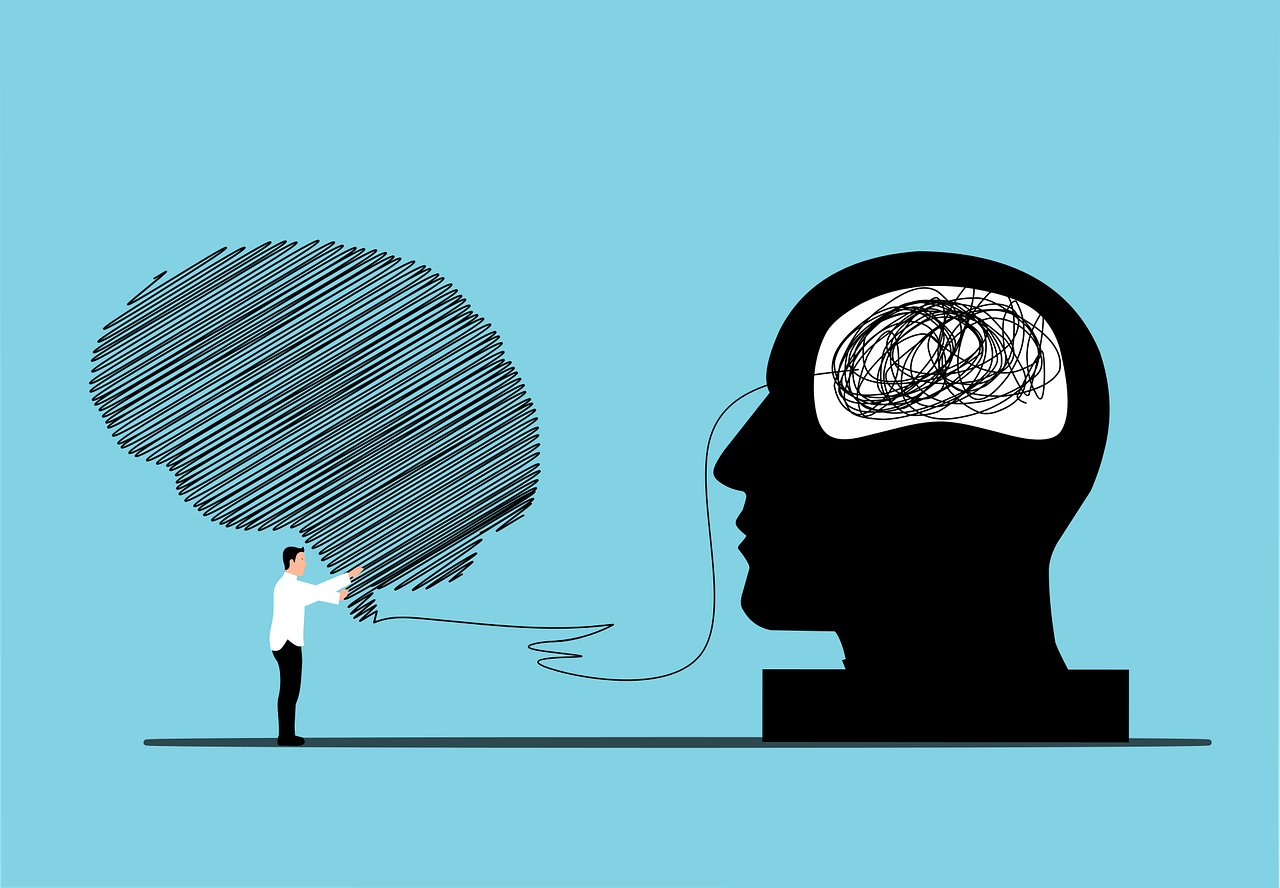
Psychologists understand and have the capacity to engage in evidence-based and culturally informed intervention, assessment, prevention, training, and research practices. They focus on healthy aspects and strengths of their clients (whether they are individuals, couples, families, groups, organizations, or communities); environmental/contextual influences (such as cultural, sociopolitical, gender, racial, ethnic, sexual orientation, and socioeconomic factors) that shape people’s experiences and concerns; the role of career and work in peoples’ lives; and advocacy for equity and social justice.
Counseling psychologists focus on normative developmental and mental health issues and challenges faced by individuals across their lifespan, as well as systemic challenges (such as prejudice and discrimination) experienced in groups, workplaces, organizations, institutions, and communities. They use strengths-based perspectives and practices to prevent and ameliorate emotional, relational, physical/health-related, social, cultural, vocational, educational, and identity-related problems.

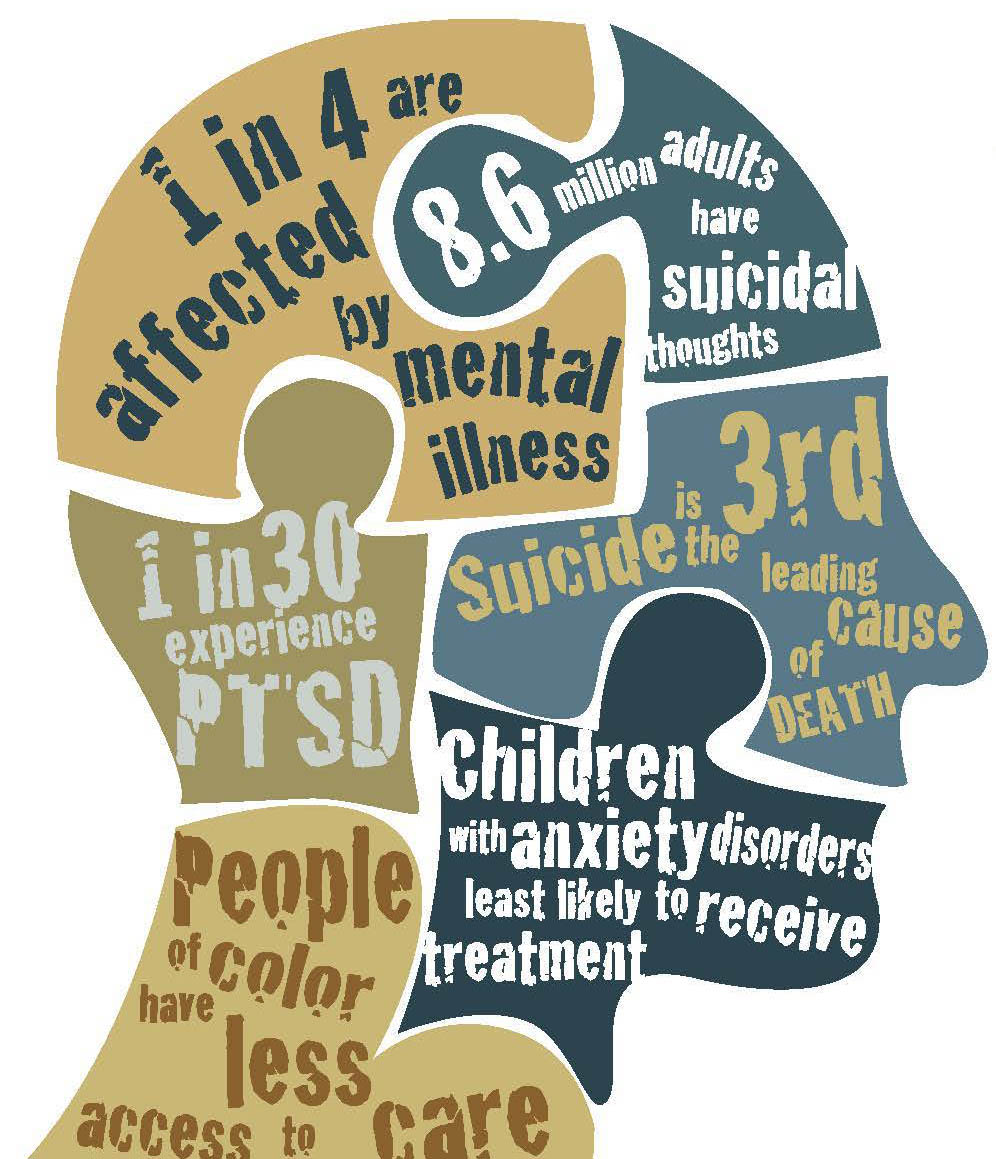
Sports counseling can help people increase their athletic, personal, and academic potential. Movement and sports represent an integral part of our identity across our life span. The lessons, strategies, and problem-solving approaches that people learn when being engaged in athletic pursuits easily transfer to life at large. Rather than focusing single-mindedly on game-time performance, counseling takes a holistic point of view and considers individual’s overall mental well-being and psycho-emotional needs.
There is stigma about seeking sports counseling for some people. Asking for help with anything other than athletic goals may be difficult. Unburdening to a counselor may feel weak or frivolous. Clients come to realize that the game happens in your mind and that is what we start with. Everyone experiences emotional struggles, and counseling can help them work through these challenges. Once athletes become comfortable with the counselor, they are usually very motivated and driven to make positive changes and to execute their treatment plans.
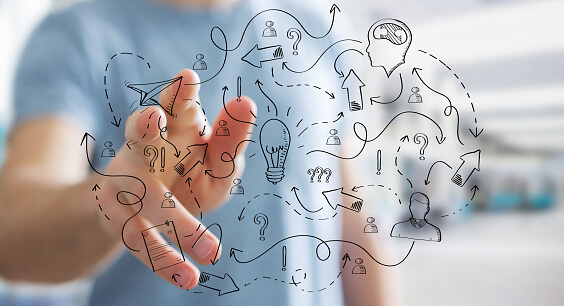
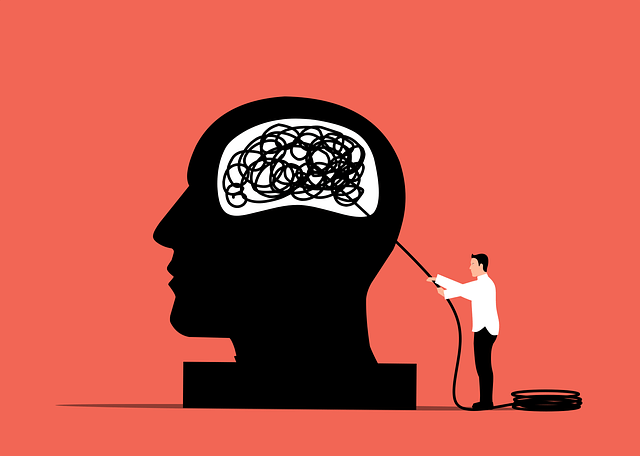
Brainspotting is an amazing type of therapy that allows the counselor and the client to locate, focus, process and release experiences and symptoms that may be out of reach of the conscious mind. Brainspotting can be very effective in freeing athletes of performance blocks and slumps, as well as encouraging peak performance. Brainspotting can result in physical healing and pain reduction as well as providing freedom from emotional suffering.
Athletes often suffer from the cumulative effect of “little” traumas (traumas not resulting in PTSD) throughout their lives, caused by injuries, humiliating experiences, child abuse, poor performance, abusive coaches etc. These traumas can reach a critical mass and become debilitating and limit performance. The harder the individuals practice to overcome performance blocks, the worse they can become. Because trauma memories are usually stored in the unconscious mind and in our bodies, they cannot always be addressed through more conventional sports psychology methods based on Cognitive Behavioral Therapy (CBT) like visualization and positive self–talk.
Counseling sessions can focus on helping people with professional development and building life skills, such as leadership, character, financial competence, career management, and dealing with relationship challenges. Athletic success is as much a function of personal strength and emotional resilience derived from family, relationships, and spirituality, as it is of physical strength and ability.
In your therapy journey, you will know what an uninterrupted conversation feels like.
It's easier to open up because you feel not judged but understood.
Further, therapy helps identify triggers for your emotions and allows you to discover your deep-rooted concerns.
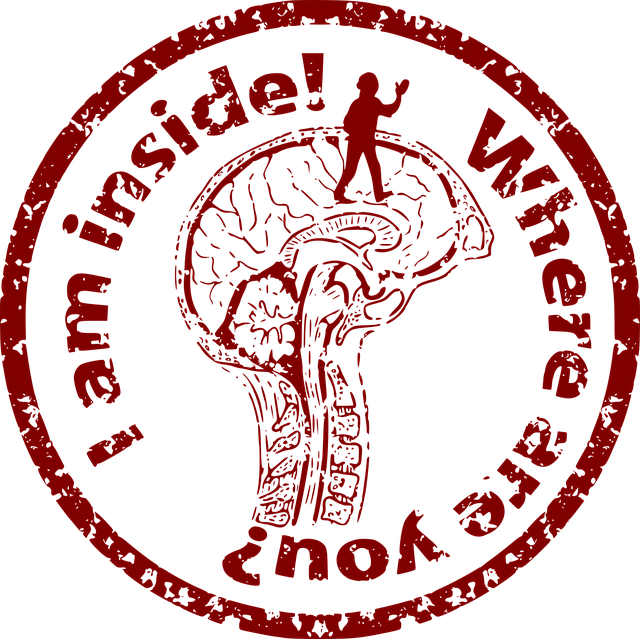

We provide counseling services through multiple modalities like:
